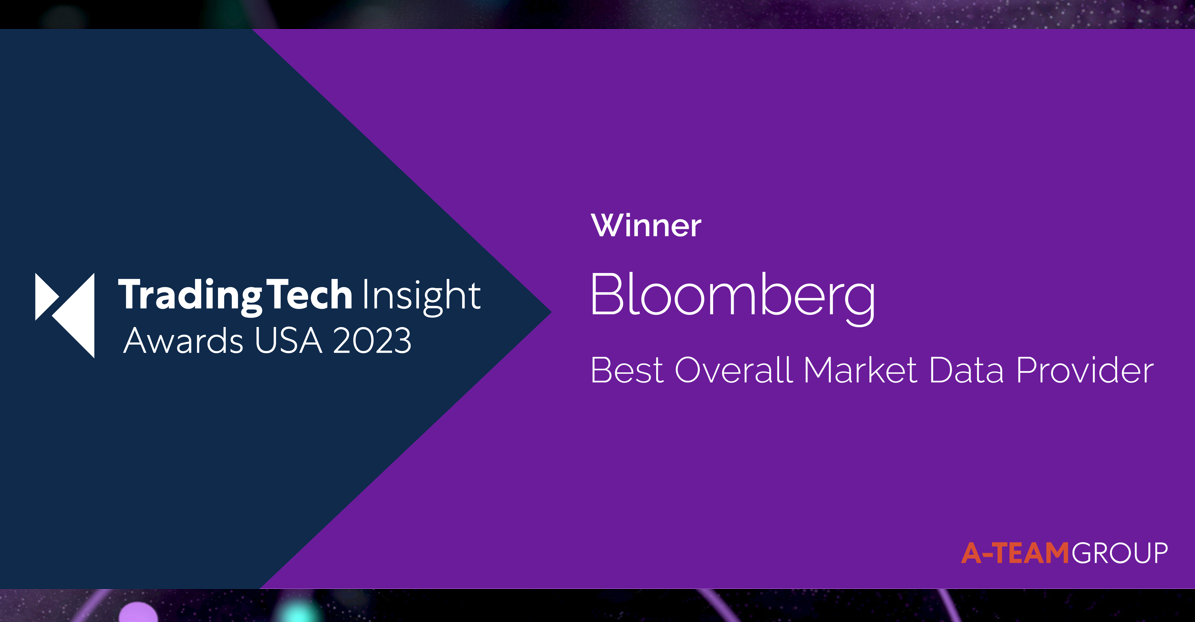Leading Database Providers for Scalable Solutions in 2024
Leading Database Providers for Scalable Solutions in 2024
Blog Article
Trick Functions to Search For When Selecting a Data Source Carrier
Selecting a database company is a crucial decision that can dramatically affect your organization's data and procedures monitoring method. Amongst the essential attributes to think about are scalability choices, which ensure that your system can adapt to growing needs.
Scalability Options
When picking a data source service provider, recognizing scalability choices is essential to ensuring that the selected solution can suit future growth. Scalability refers to the ability of a database system to expand its capability and efficiency in reaction to raised demand. There are 2 key types of scalability: straight and vertical.
Vertical scalability, or "scaling up," entails enhancing a solitary web server's resources, such as CPU, RAM, or storage space. This approach can be uncomplicated and cost-efficient for smaller applications but might get to a limit where better upgrades are as well expensive or unwise.
Horizontal scalability, or "scaling out," entails including more web servers to distribute the load. This technique enables greater flexibility and can suit significant increases in information quantity and user web traffic (database provider). It is specifically advantageous for cloud-based database options that can dynamically assign resources based upon need
%20%5B%2B%20FR%2C%20ES%20and%20DE%20variations%5D/B2B%20data%20providers/EN_B2B-data-providers-resource-card.png)
Protection Procedures

When evaluating security actions, take into consideration the execution of file encryption procedures (database provider). Data-at-rest and data-in-transit encryption are important to guarantee that delicate info continues to be safeguarded, also in the occasion of a security violation. Furthermore, try to find providers that use strong authentication mechanisms, such as multi-factor authentication (MFA), to further improve gain access to control
Regular security audits and conformity with industry criteria, such as GDPR or HIPAA, are indicative of a service provider's commitment to data protection. Furthermore, make inquiries regarding their event action strategy; a robust strategy can decrease the impact of any possible safety incident.
Efficiency Metrics
Reviewing performance metrics is necessary for organizations to make certain that their chosen database supplier fulfills operational requirements. Secret performance metrics include response throughput, scalability, and time, which collectively identify the effectiveness of database operations under differing lots.
Feedback time is essential, as it mirrors exactly how rapidly the data source can process inquiries and return outcomes. Organizations ought to search for metrics that indicate average response times during peak and off-peak hours. Throughput, frequently gauged in deals per 2nd (TPS), offers insight into the data source's ability to handle high volumes of demands without efficiency deterioration.
Scalability evaluates the data source's capacity to grow with the company's needs. A durable data source provider need to show upright and straight scaling abilities, permitting for smooth modifications as demands vary. In addition, recognizing latency, particularly in dispersed systems, can assist organizations evaluate the responsiveness of the database across different geographical places.
Consumer Support
Dependable consumer support is a cornerstone of reliable database management, providing companies with the assistance required to deal with issues and optimize efficiency. When picking a database company, evaluating the degree of customer support they use is important. A robust support group must include several networks of interaction, such as phone, e-mail, and live conversation, ensuring that individuals can access assistance whenever they require it.
In addition, receptive support teams that are offered 24/7 considerably enhance the dependability of the database service. Motivate action times and efficient resolution of issues can considerably decrease downtime and boost total efficiency. It is also beneficial to consider the schedule of committed support employees, that can offer customized help based on an organization's particular requirements.

Pricing Structure
When considering a database supplier, the prices framework is a crucial variable that can significantly impact an organization's budget and total method. A adaptable and clear prices model is vital for lining up the database costs with business demands - database provider. Organizations needs to examine whether the prices is based upon consumption, per user, or a level rate, as each model can yield various economic implications gradually
It is necessary to analyze any kind of added expenses related to the provider's solutions, such as information storage space fees, deal costs, and support fees. Some carriers may use tiered pricing, allowing scalability as the company expands, while others might enforce strict restrictions that might come to be costly as data needs boost.
Furthermore, companies ought to consider the long-term value of the database remedy. While reduced initial prices can be enticing, they may not make up future upgrades, upkeep fees, or integration prices. Conducting a comprehensive cost-benefit analysis will help determine the most suitable rates framework that balances efficiency, scalability, and assistance, ultimately ensuring that the picked data source carrier straightens with the organization's operational and financial goals.
Verdict
In final thought, selecting a database company requires mindful consideration of different crucial features. Examining efficiency metrics enables the recognition of efficient databases, and easily accessible published here consumer support enhances the overall user experience.
Picking a database company is a crucial decision that can dramatically affect your organization's operations and information administration technique.When selecting a data source company, comprehending scalability options is important to guaranteeing that the chosen solution can accommodate future development. When choosing a data source provider, evaluating the degree of client assistance they offer is crucial.When considering a database service provider, the prices framework is a pivotal aspect that can considerably influence a company's spending plan this and total method. Performing a complete cost-benefit analysis will certainly help determine the most ideal prices structure that balances scalability, support, and performance, eventually guaranteeing that the chosen data source service provider lines up with the organization's monetary and operational goals.
Report this page